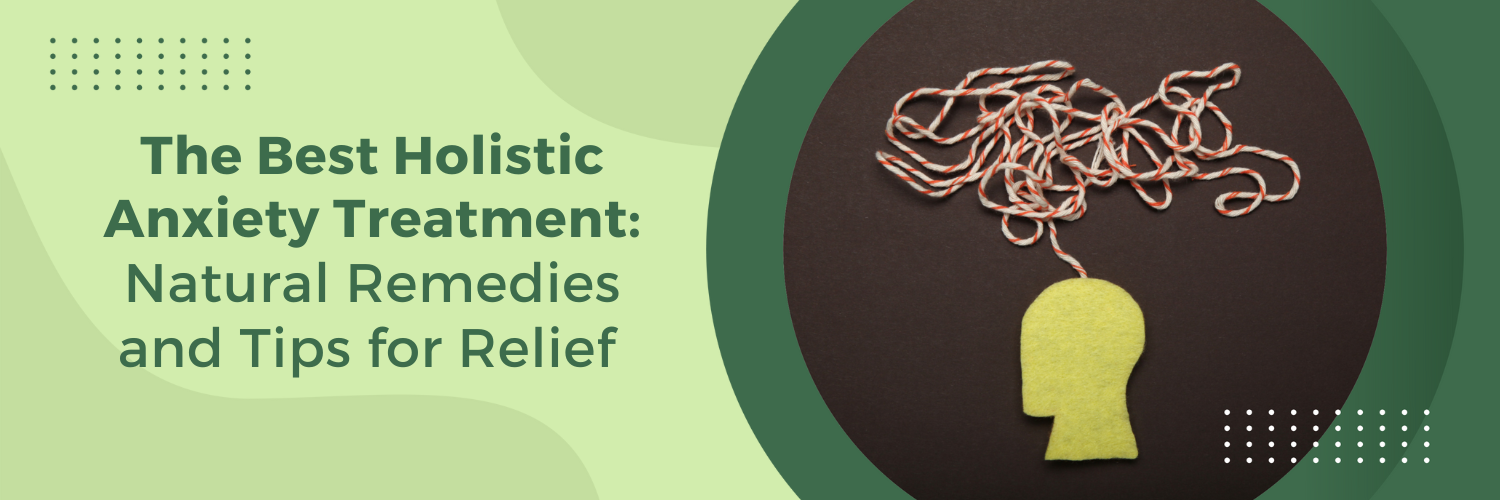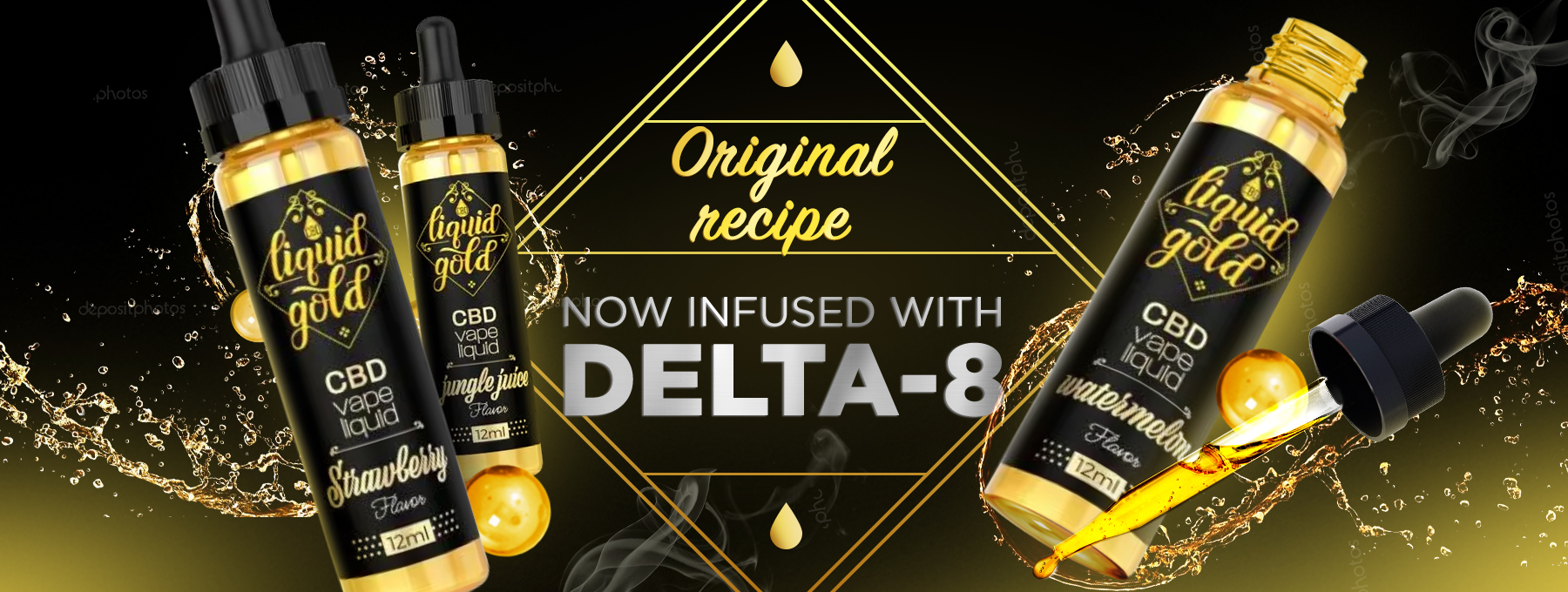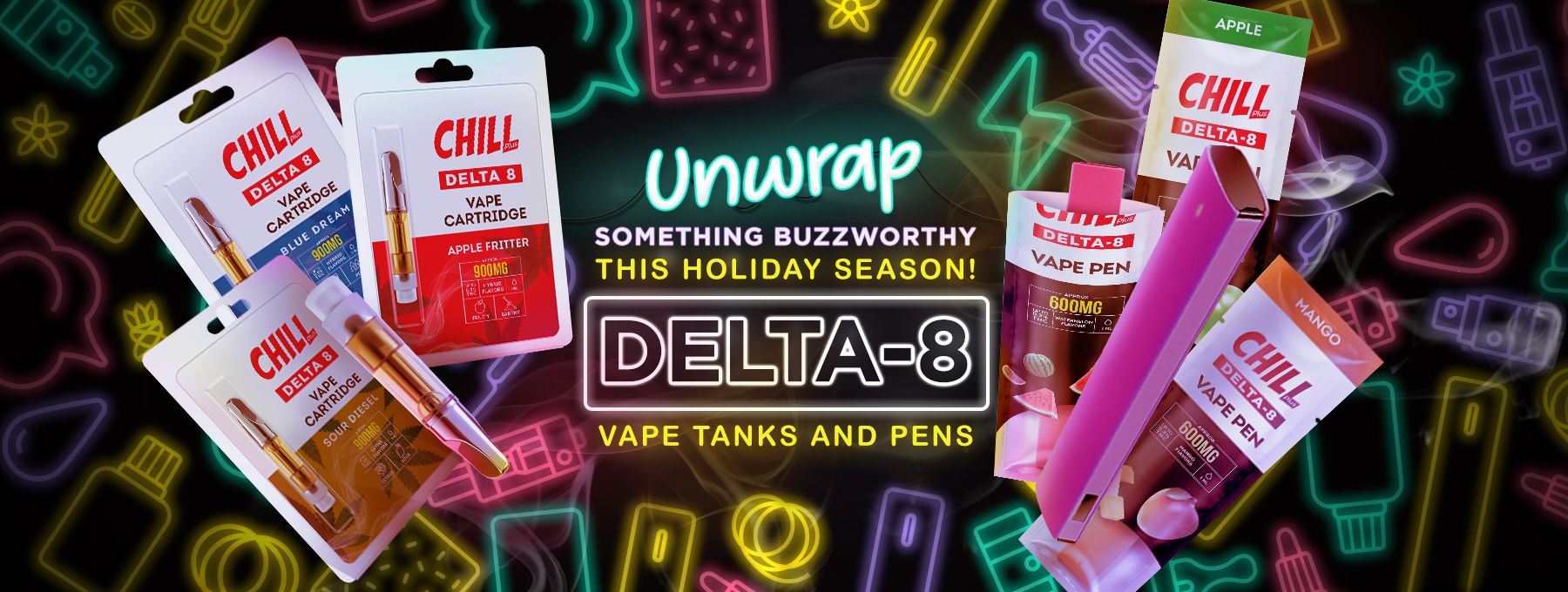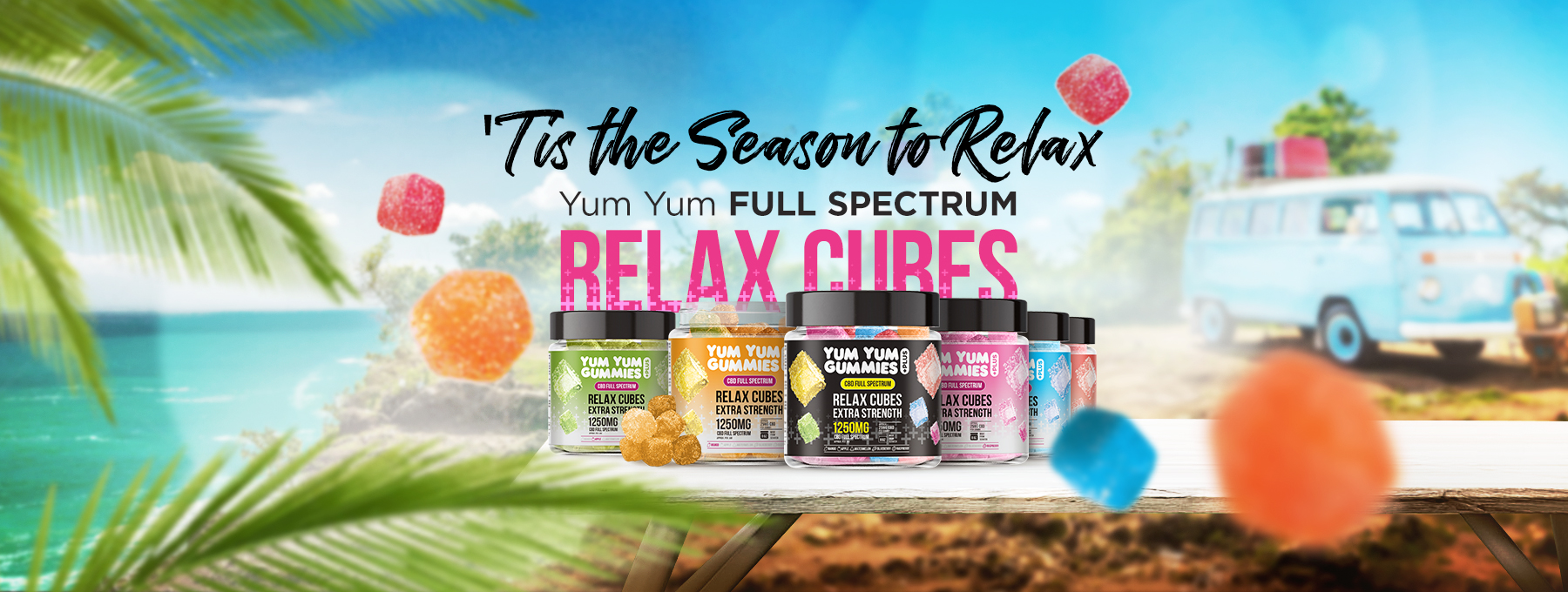What is Anxiety?
Anxiety, a natural response to stress, affects millions worldwide. Its prevalence underscores the need for effective approaches beyond conventional treatments. Holistic methods, focusing on the interconnectedness of mind, body, and spirit, have gained attention for their comprehensive approach to managing anxiety. Unlike isolated treatments, holistic practices address the root causes of anxiety, striving for long-term relief rather than mere symptom management.
Mind-Body Holistic Approaches
Meditation and Mindfulness
Meditation and mindfulness are powerful tools in managing anxiety. Meditation involves cultivating a focused and relaxed state of mind, while mindfulness centers on being present in the moment without judgment. Both practices encourage awareness of thoughts and emotions, enabling detachment from anxious rumination. Studies show that consistent meditation and mindfulness can lead to reduced anxiety symptoms, improved emotional regulation, and enhanced overall well-being. Integrating these practices into daily life can involve dedicating a few minutes to deep breathing, guided meditations, or mindfulness exercises during routine activities.
Yoga and Breathing Exercises
Yoga’s mind-body connection offers a holistic approach to anxiety management. Combining physical postures, controlled breathing, and meditation, yoga promotes relaxation and stress reduction. Specific poses, such as the child’s pose and downward dog, encourage gentle stretches that release tension. Additionally, deep breathing exercises, like diaphragmatic breathing, provide immediate relief during moments of heightened anxiety. Practicing yoga regularly can enhance flexibility, balance, and body awareness, contributing to a sense of calm.
Progressive Muscle Relaxation
Progressive Muscle Relaxation (PMR) is a technique that involves tensing and relaxing muscle groups sequentially to release physical tension. By systematically addressing muscle tension, PMR helps disrupt the stress response, promoting relaxation. Practicing PMR regularly can lead to decreased muscle stiffness, reduced muscle pain, and an overall reduction in physical symptoms of anxiety. A step-by-step guide, which involves tensing and relaxing different muscle groups while focusing on the sensations, can be integrated into daily routines for effective anxiety management.
Lifestyle Adjustments
Balanced Diet and Gut Health
Diet plays a significant role in anxiety management. Consuming a balanced diet rich in nutrients such as omega-3 fatty acids, complex carbohydrates, and antioxidants supports brain health and stabilizes mood. Additionally, nurturing gut health through probiotics and fiber-rich foods positively influences mental well-being. Emerging research highlights the gut-brain connection, where a healthy gut microbiome can alleviate anxiety symptoms. Integrating foods like fatty fish, leafy greens, and fermented products can contribute to a holistic approach to anxiety management.
Regular Physical Activity
Physical exercise is a natural anxiety reliever. Engaging in regular physical activity, whether it’s brisk walking, jogging, or yoga, triggers the release of endorphins, which are natural mood elevators. Aerobic exercises, in particular, have been linked to reduced anxiety and improved cognitive function. Designing a personalized exercise routine that suits individual preferences and constraints can establish a consistent practice that supports mental well-being.
Quality Sleep Hygiene
The connection between sleep and anxiety is bidirectional—poor sleep can exacerbate anxiety, while anxiety can disrupt sleep patterns. Practicing good sleep hygiene involves maintaining a consistent sleep schedule, creating a calming pre-sleep routine, and optimizing the sleep environment. Avoiding electronic devices before bedtime, establishing a relaxing bedtime ritual, and ensuring a comfortable sleep environment are crucial steps in promoting quality sleep. Adequate rest enhances emotional resilience and equips individuals to better manage anxiety.
Holistic Therapies
Herbal Supplements and Teas
Herbal supplements and teas offer a natural approach to anxiety management. Herbs like chamomile, lavender, and valerian root have calming properties that can alleviate anxiety symptoms. Supplements such as ashwagandha and passionflower have been studied for their anxiolytic effects. Incorporating these herbs into daily routines through teas, tinctures, or supplements can complement other holistic practices, fostering a comprehensive approach to anxiety management.
CBD (Cannabidiol)
CBD is a compound found in cannabis plants that may have anxiety-reducing effects. Some people find it helpful for managing anxiety, but it’s crucial to choose high-quality, third-party-tested products and consult with a healthcare provider for proper dosing.
CBD (Cannabidiol) is a natural compound derived from cannabis plants, and it has gained significant attention for its potential role in alleviating anxiety symptoms. While it is extracted from cannabis, it’s important to note that CBD doesn’t produce the psychoactive effects associated with its cousin, THC (tetrahydrocannabinol). Instead, CBD interacts with the endocannabinoid system in the human body, a complex network of receptors and neurotransmitters that play a crucial role in mood regulation and stress response.
Many people have turned to CBD products as a natural remedy for anxiety, hoping to tap into its potential benefits. However, it’s paramount to exercise caution when choosing CBD products, as the market is flooded with options of varying quality. It is advisable to opt for high-quality CBD products from reputable sources and, most importantly, consult with a healthcare provider before incorporating CBD into your anxiety management plan. They can provide guidance on dosage and assess any potential interactions with other medications or conditions.
Try some CBD products here:
Lavender
Lavender is a well-established herb renowned for its calming and soothing properties. Beyond its ornamental and aromatic appeal, lavender offers a range of potential benefits for anxiety management. One popular way to harness its calming effects is through lavender essential oil used in aromatherapy. Inhaling the gentle, floral scent of lavender essential oil can promote relaxation, reduce stress, and induce a sense of tranquility. Additionally, lavender tea, brewed from dried lavender flowers, provides another avenue for experiencing its anxiety-relieving benefits. Sipping on a cup of lavender tea before bedtime can be particularly effective in aiding relaxation and improving sleep quality.
Chamomile
Chamomile is another herbal remedy frequently employed to alleviate symptoms of anxiety and stress. Chamomile’s soothing properties are well-documented, making it a popular choice for those seeking natural anxiety relief. Chamomile tea, made from dried chamomile flowers, is widely accessible and simple to prepare. Consumed regularly, it can have a calming effect, helping to reduce feelings of nervousness and tension. The mild, slightly sweet flavor of chamomile tea makes it an enjoyable and comforting beverage. Many individuals find that incorporating chamomile tea into their daily routine serves as a pleasant ritual to promote relaxation and mental well-being.
Aromatherapy and Essential Oils
Aromatherapy utilizes essential oils to evoke psychological and physiological responses. Essential oils like lavender, bergamot, and frankincense have been shown to reduce anxiety and induce relaxation. Inhalation, topical application, and diffusion are common methods of using essential oils. Incorporating aromatherapy into self-care routines, such as adding a few drops of essential oil to a bath or diffuser, can create a soothing ambiance that aids in anxiety reduction.
Acupuncture and Acupressure
Rooted in traditional Chinese medicine, acupuncture, and acupressure are holistic therapies that target specific points on the body to balance energy flow. These techniques stimulate the body’s natural healing mechanisms, promoting relaxation and reducing anxiety. Pressure points like the “Yintang” point between the eyebrows and the “Shenmen” point on the ear are known for their anxiety-relieving effects. Incorporating regular acupuncture sessions or self-administered acupressure techniques can provide holistic support for anxiety management.
Mental and Emotional Well-being
Journaling serves as a therapeutic outlet for processing emotions and thoughts. Putting pen to paper allows individuals to externalize their anxiety, gain insights into triggers, and track progress. Creative outlets such as art, music, and writing offer alternative ways to express and cope with anxiety. Establishing a regular journaling practice or engaging in creative activities provides a safe space for self-expression, fostering emotional well-being.
Social Support and Connection
Social connections play a pivotal role in anxiety management. Healthy relationships provide emotional support, opportunities for open communication, and a sense of belonging. Nurturing existing relationships and cultivating new connections can reduce feelings of isolation and promote a sense of community. Joining support groups, participating in group activities, or engaging in volunteer work can enhance social connections and contribute to holistic anxiety management.
Cognitive Behavioral Therapy (CBT)
Cognitive Behavioral Therapy (CBT) is a structured therapeutic approach that targets negative thought patterns and behaviors contributing to anxiety. CBT techniques involve identifying and challenging irrational beliefs, replacing them with more balanced thoughts, and gradually confronting anxiety-inducing situations. This evidence-based approach equips individuals with practical tools to manage anxiety in various contexts. Learning and applying CBT techniques under the guidance of a trained therapist can foster lasting changes in thought patterns and behaviors.
Conclusion
In the pursuit of managing anxiety, holistic approaches offer a comprehensive strategy that considers the intricate interplay between physical, mental, and emotional aspects of well-being. Each holistic method discussed—mind-body practices, lifestyle adjustments, holistic therapies, and strategies for mental and emotional well-being—provides a unique avenue for reducing anxiety. Recognizing the individuality of anxiety experiences, combining multiple approaches tailored to personal preferences can yield effective results. However, for severe anxiety cases, it’s essential to seek professional guidance and consider integrated approaches.
If you’re interested in learning more about CBD and other natural remedies for anxiety, consider exploring the products offered by Leaf Alleviate. Our range of high-quality CBD and herbal solutions may provide valuable options for anxiety relief. To discover our products for anxiety and wellness, visit their website today.
FAQs
Q: Are there any risks associated with herbal supplements for anxiety?
Some herbal supplements can interact with medications or cause side effects. Consultation with a healthcare professional is advised.
Q: Is it necessary to involve a therapist in holistic anxiety treatment?
While self-practice can be beneficial, involving a therapist, especially for approaches like CBT, provides expert guidance and personalized strategies.
Q: Are these approaches equally effective for all types of anxiety disorders?
Holistic approaches can be effective across various anxiety disorders, but individual preferences and responses may vary.
Q: Should I consult a healthcare provider before trying these holistic methods?
Yes, particularly if you have pre-existing health conditions or are on medication. A healthcare provider can offer tailored recommendations.
Q: What other resources can I explore to learn more about holistic anxiety treatment?
Books, online articles, workshops, and professional therapists provide valuable resources for deepening your understanding and practice of holistic anxiety management.
















